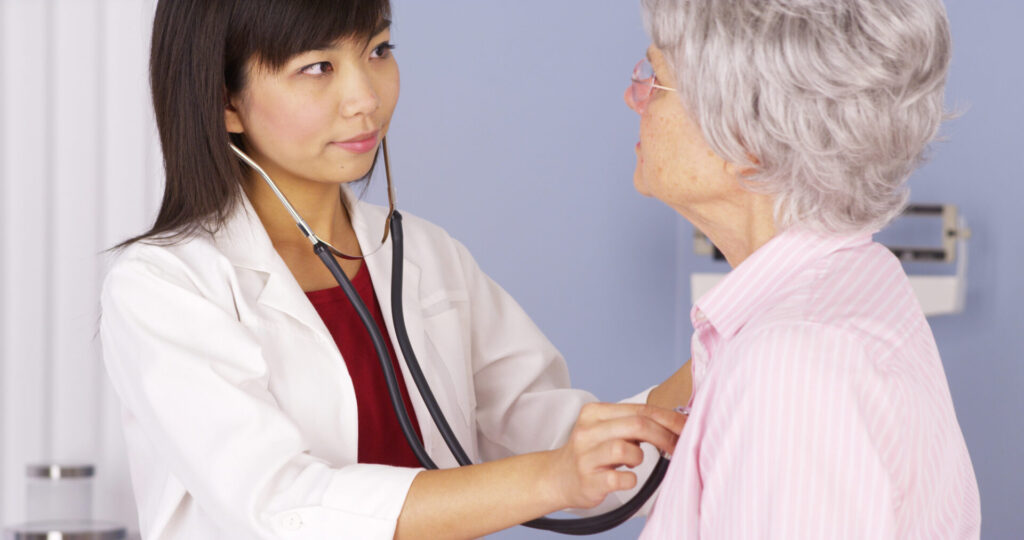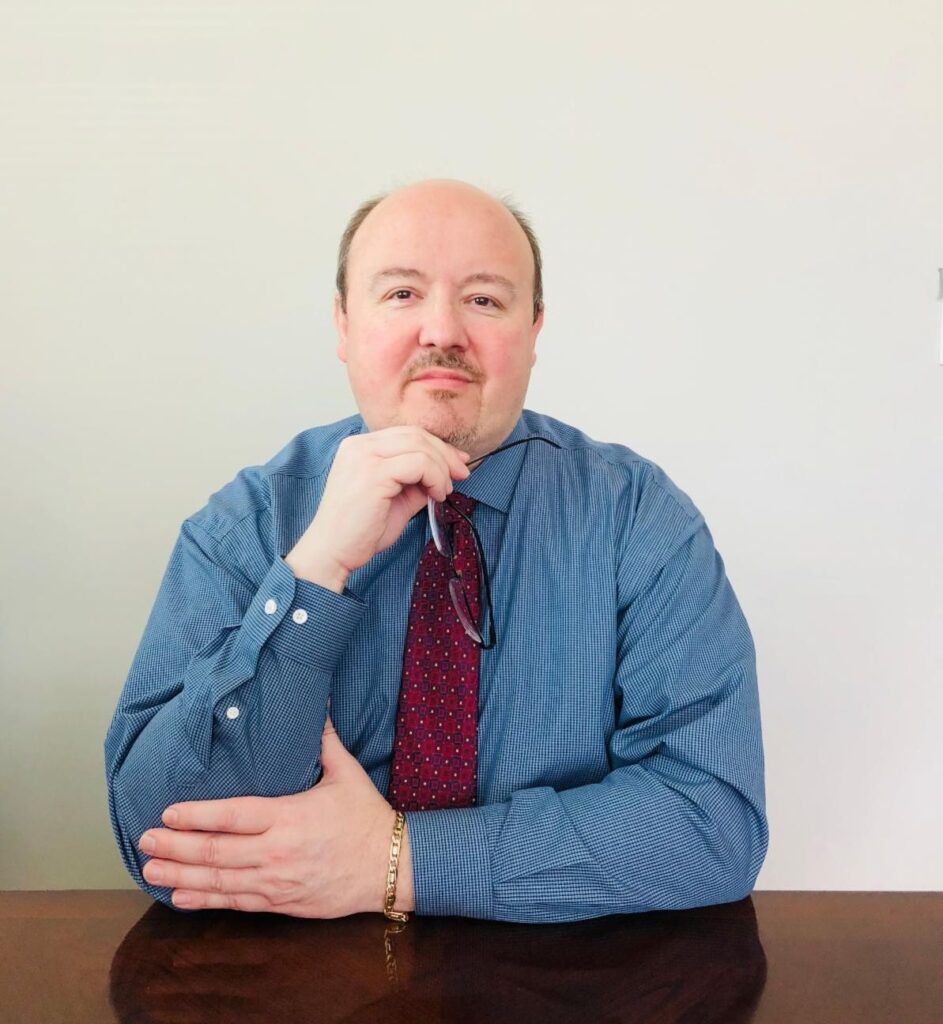As a recovered cancer patient, who used integrative treatment options during my care and do so today for recovery, I 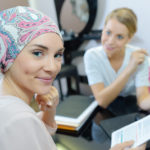 wasn’t surprised by a recent JAMA Oncology study showing that one-third of cancer patients use complementary and alternative therapies, such as such as meditation, yoga, acupuncture, herbal medicine, and supplements. It was reassuring to know that I am not alone in my desire to use a variety of treatment options, whether to reduce side effects, assist in post-surgical healing or deal with the mental trauma associated with a cancer protocols that leave a person vulnerable to fear, doubt and haunting memories.
wasn’t surprised by a recent JAMA Oncology study showing that one-third of cancer patients use complementary and alternative therapies, such as such as meditation, yoga, acupuncture, herbal medicine, and supplements. It was reassuring to know that I am not alone in my desire to use a variety of treatment options, whether to reduce side effects, assist in post-surgical healing or deal with the mental trauma associated with a cancer protocols that leave a person vulnerable to fear, doubt and haunting memories.
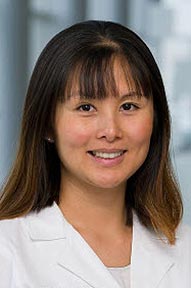 It’s part two of the study that worried me, but again did not surprise me. Of the one third who use complementary therapies, another 30% do not tell their physicians. The study author from UT Southwestern Medical Center’s, Dr. Nina Sanford, who made the discovery, says her results are drawing renewed attention to “habits” that cancer patients must disclose during treatment. Dr. Sanford is an Assistant Professor of Radiation Oncology who specializes in and treats cancers of the gastrointestinal tract.
It’s part two of the study that worried me, but again did not surprise me. Of the one third who use complementary therapies, another 30% do not tell their physicians. The study author from UT Southwestern Medical Center’s, Dr. Nina Sanford, who made the discovery, says her results are drawing renewed attention to “habits” that cancer patients must disclose during treatment. Dr. Sanford is an Assistant Professor of Radiation Oncology who specializes in and treats cancers of the gastrointestinal tract.
Herbal supplements were the most common form of alternative medicine. Chiropractic or osteopathic manipulation was the second most common, according to Dr. Sanford’s analysis of data from the Centers for Disease Control and Prevention’s National Health Interview Survey. Her findings were published in the journal JAMA Oncology.
“Younger patients are more likely to use complementary and alternative medicines (CAM) and women were more likely to, but I would have thought more people would tell their doctors,” said Dr. Sanford. Many survey respondents said they did not say anything because their doctors did not ask, or they did not think their doctors needed to know.
From personal experience, I can see why many patients do not tell their practitioners that they are using CAM therapies. The study author’s comments took me back to conversations I had with physicians. From the day of my diagnosis, I set out to build an integrative healthcare team that included a variety of types of care providers to assist in keeping my body healthy during treatment and to address the barrage of side effects. Some of my ideas were met with instant acceptance, while other physicians expressed concern, skepticism or a middle of the road comment, such as “OK, if you think it will help.” I learned to recite this reply (after taking a deep breath to drum up my courage): “This is important to me and unless you know of a reason why I should not pursue this; I would like it to me a part of my treatment and recovery plan.”
At a professional conference in March 2018, eight months after completing my treatment, I spoke with a group of five women, all with a cancer diagnosis within the last five years (breast, thyroid, rectal cancer). We collectively came up with a list of nearly 50 side effects that we experience(ed) during our respective treatments – most of which conventional medicine did and could not offer a solution. We found specialists in integrative approaches that would not interfere with our treatments. However, our ability to do this was only because we had professional contacts in the integrative health field to assist in finding the right care provider. Without these existing relationships, we have been at a loss because our oncologists were not educated in effective and safe integrative therapies.
Dr. Sanford and other cancer specialists quoted in the press statement are particularly concerned about the use of all herbal supplements. “You don’t know what’s in them,” Dr. Sanford said. “Some of these supplements are kind of a mishmash of different things. Unless we know what’s in them, I would recommend patients avoid using them during radiation because there’s likely not data on certain supplements, which could interfere with treatment. With radiation specifically, there is concern that very high levels of antioxidants could make radiation less effective.”
The study press release quoted a patient, Nancy Myers who wanted to use supplements during her 2015-2017 cancer treatments. She did the right thing and ran it by her doctors first. “I would ask the physician, ‘Could I?’ and everyone said, ‘No, we don’t know how that interacts with your conventional medicine,’ so I respected that,” the 47-year-old mother of four said. Only after treatment did she start taking turmeric, omega-3, vitamin D, and vitamin B6.
Ms. Myers said every person in her cancer support group uses some kind of alternative medicine. In addition to supplements, she practices meditation and yoga with guidance from a smartphone app. “It’s what we can control. We can’t control the whole cancer,” she said. “It helps because it takes your mind off just thinking about it.”
Could Myers have used supplements during her treatment? She expresses a desire to be in control and feel that she is contributing to her treatment. Is there a role for dietary supplements and botanicals in cancer treatments under the care of knowledgeable care providers? Or should they be sidelined until chemotherapy and radiation are completed?
I shared the study results with a contributor to Today’s Practitioner, Geo Espinosa, ND, L.Ac, IFMCP, CNS one the 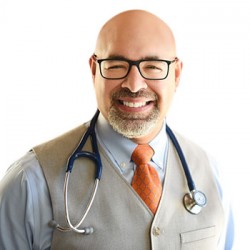 integrative urology specialist. “Oncologists often feel that supplements may interfere with chemotherapy or interfere with what they know about the results of a clinical study – the former being theoretical, and a bad theory at that – and the latter a possibility but, from my experience, patients will likely see a favorable interaction when administered by a knowledgeable care provider, says Geo Espinosa, ND, Functional Urology, Prostate & Male Optimization Specialist; Faculty, Clinical Assistant Professor, NYU Langone Health, Urology; Faculty, Educator, Institute for Functional Medicine. “There is always a role for the right type of dietary supplements, for the right patient at the right stage of their disease,”
integrative urology specialist. “Oncologists often feel that supplements may interfere with chemotherapy or interfere with what they know about the results of a clinical study – the former being theoretical, and a bad theory at that – and the latter a possibility but, from my experience, patients will likely see a favorable interaction when administered by a knowledgeable care provider, says Geo Espinosa, ND, Functional Urology, Prostate & Male Optimization Specialist; Faculty, Clinical Assistant Professor, NYU Langone Health, Urology; Faculty, Educator, Institute for Functional Medicine. “There is always a role for the right type of dietary supplements, for the right patient at the right stage of their disease,”
In Dr. Espinosa’s world of prostate cancer, he doesn’t have issues working in synergy with urologists and urologic oncologists. “The bottom line is that consuming targeted and physician-approved dietary supplement along with prescriptive lifestyle interventions in cancer patients will likely not hurt and can only help beat the disease and minimize undesired side effects from conventional treatment.”
“For example, a recent study showed that patients with advanced colorectal cancer who consumed 4000 units of vitamin D3 a day were 36% less likely to die or have disease progression (Ng et al, 2019; JAMA),” Dr. Espinosa says. “Moreover, oncologists frown upon and often vehemently discourage intake of dietary supplements during radiation for patients undergoing radiation therapy fearing that dietary supplements may protect cancer cells from the treatment. Supplements interfering with radiation treatment for cancer is a theory, and a bad one at that. Some evidence shows that curcumin, for example, can help prostate cancer patients who undergo radiation to have less adverse events than those not on the supplement. (Hejazi et at, 2013; J Cancer Sci Ther). Another study showed that curcumin, not only did not interfere with radiation treatment for prostate cancer, it made cancer cells more vulnerable to the treatment, thus likely having synergistic benefit with radiation. (Hejazi et al, 2016; Nutr Cancer. 2016).”
While doctors in this study are highly cautious about the use of herbs and other supplements during treatment, they are much more open to meditation and yoga as practices that can help patients cope with the shock of a cancer diagnosis and the stress of chemotherapy, radiation, and surgery. “We strongly advise patients to stay active and engage in exercise during treatment,” Dr. Sanford said in the press statement. “A common side effect of radiation is fatigue. I let the patients know that the patients who feel the most fatigue are the ones who are the most sedentary and that those who are doing exercise are the ones who frequently have the most energy.”
Belindy Sarembock, 53, of Dallas, said she practiced yoga during her treatments for breast cancer. She started the classes with skepticism and quickly became convinced of the benefits. “I was one who would have laughed at yoga before breast cancer, but now it just helps me so much,” she said. “It’s just so relaxing, I just feel so good after I leave. It’s just so peaceful. For your body, I can’t think of anything better than that.”
Sarembock said she had neuropathy from chemotherapy, and yoga almost immediately took the pain away. “I couldn’t get onto my toes. After the second time of going to yoga, I was able to go onto my toes,” she said. “I wish I would have known about the yoga earlier. It was just such a benefit and helped me so much. I highly recommend it to anyone.
Above all, this study brings to light the issue of open and honest patient practitioner communication and the need for a team approach to care. “That can be a very difficult thing to do because both medical philosophies are very different – like speaking two different languages,” says Dr Espinosa. “However, I would say oncologists should at the least accept their patients going for acupuncture, massage or meditation. But when it comes to taking supplements, they are typically off limits from an oncologist perspective, unless there is an integrative team approach.”
Source: Nina N. Sanford, David J. Sher, Chul Ahn, Ayal A. Aizer, Brandon A. Mahal. Prevalence and Nondisclosure of Complementary and Alternative Medicine Use in Patients With Cancer and Cancer Survivors in the United States. JAMA Oncology, 2019; DOI: 10.1001/jamaoncol.2019.0349
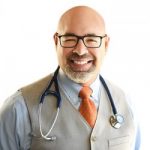 Dr. Geo Espinosa is a naturopathic doctor, licensed acupuncturist and certified functional medicine practitioner recognized as an authority in holistic urology and men’s health. He is Clinical Assistant Professor and holistic clinician in Urology at New York University Langone Medical Center. As an avid researcher and writer, Dr. Geo has authored numerous scientific papers and books including co-editing the Integrative Sexual Health book, and author of the best selling prostate cancer book: Thrive, Don’t Only Survive. For more, go to drgeo.com.
Dr. Geo Espinosa is a naturopathic doctor, licensed acupuncturist and certified functional medicine practitioner recognized as an authority in holistic urology and men’s health. He is Clinical Assistant Professor and holistic clinician in Urology at New York University Langone Medical Center. As an avid researcher and writer, Dr. Geo has authored numerous scientific papers and books including co-editing the Integrative Sexual Health book, and author of the best selling prostate cancer book: Thrive, Don’t Only Survive. For more, go to drgeo.com.
 Kimberly Lord Stewart is the editor and Director of Content Development for Today’s Practitioner and a cancer survivor. Since 1996, Stewart has worked as an editor and contributor for leading professional publications in the dietary supplement, functional foods and integrative-physician arena. As the author of Eating Between the Lines (St Martins Press 2007), she has been featured in USA Today Weekend, WSJ Smart Money, Shape, CBS, ABC and NBC television affiliates.
Kimberly Lord Stewart is the editor and Director of Content Development for Today’s Practitioner and a cancer survivor. Since 1996, Stewart has worked as an editor and contributor for leading professional publications in the dietary supplement, functional foods and integrative-physician arena. As the author of Eating Between the Lines (St Martins Press 2007), she has been featured in USA Today Weekend, WSJ Smart Money, Shape, CBS, ABC and NBC television affiliates.



